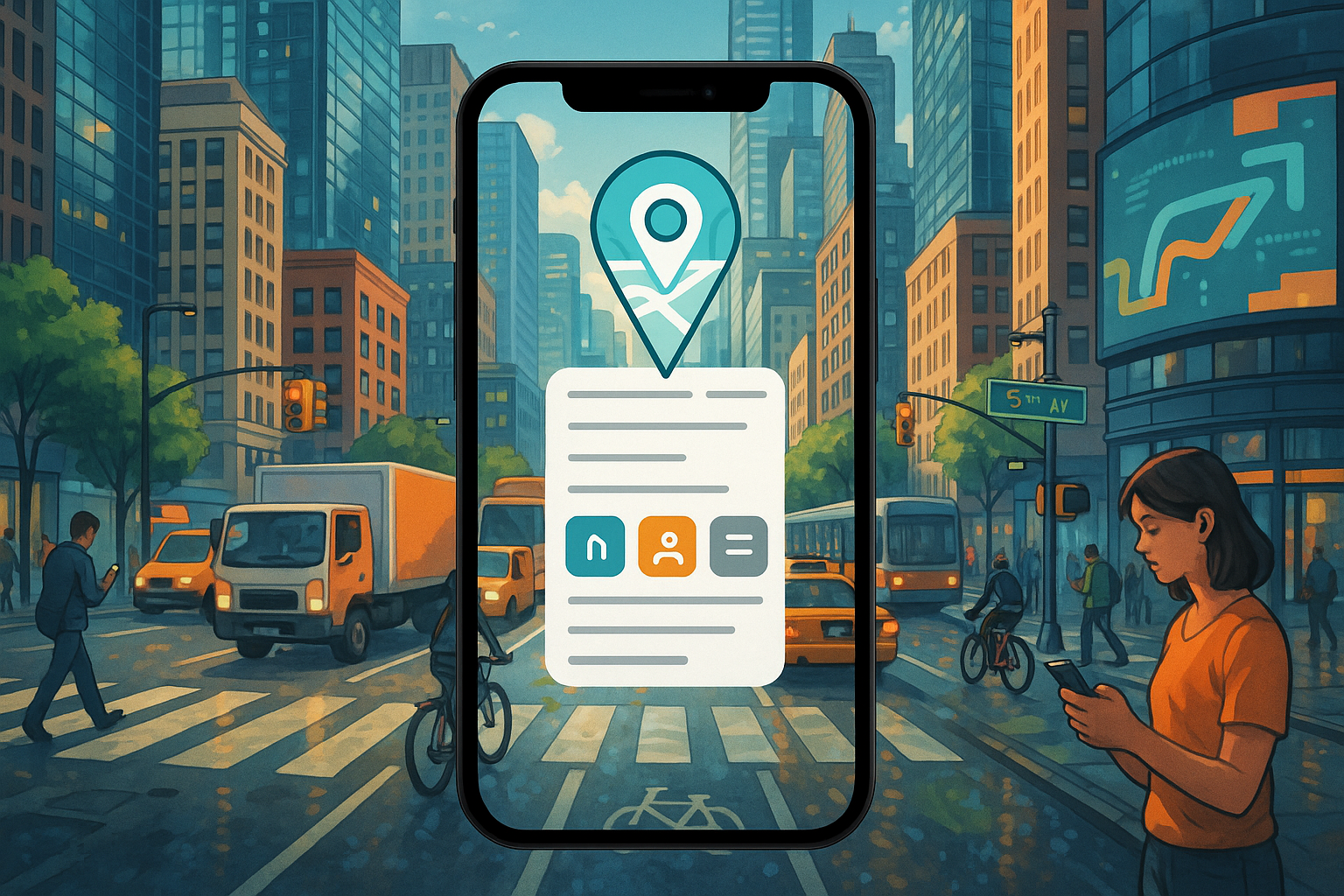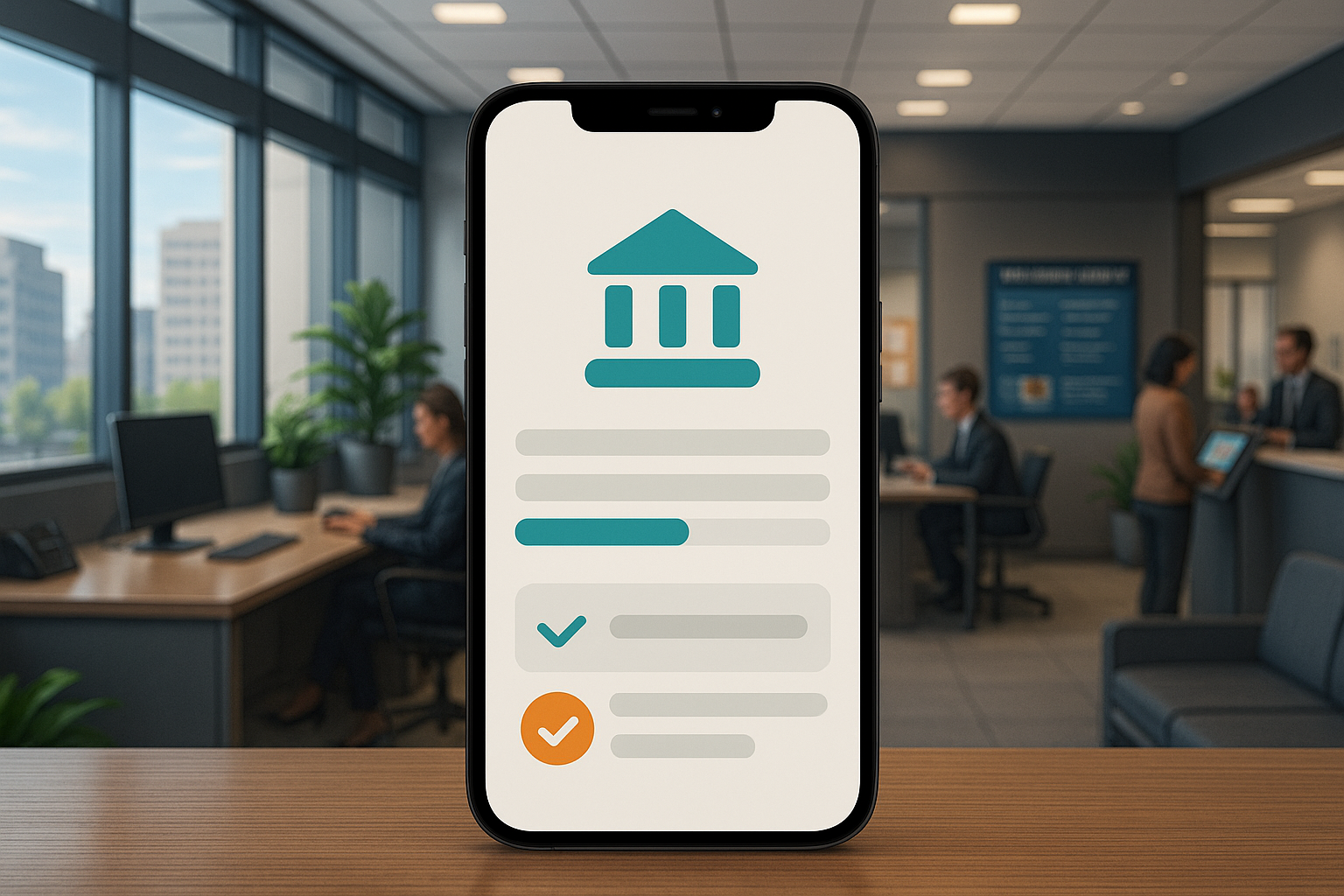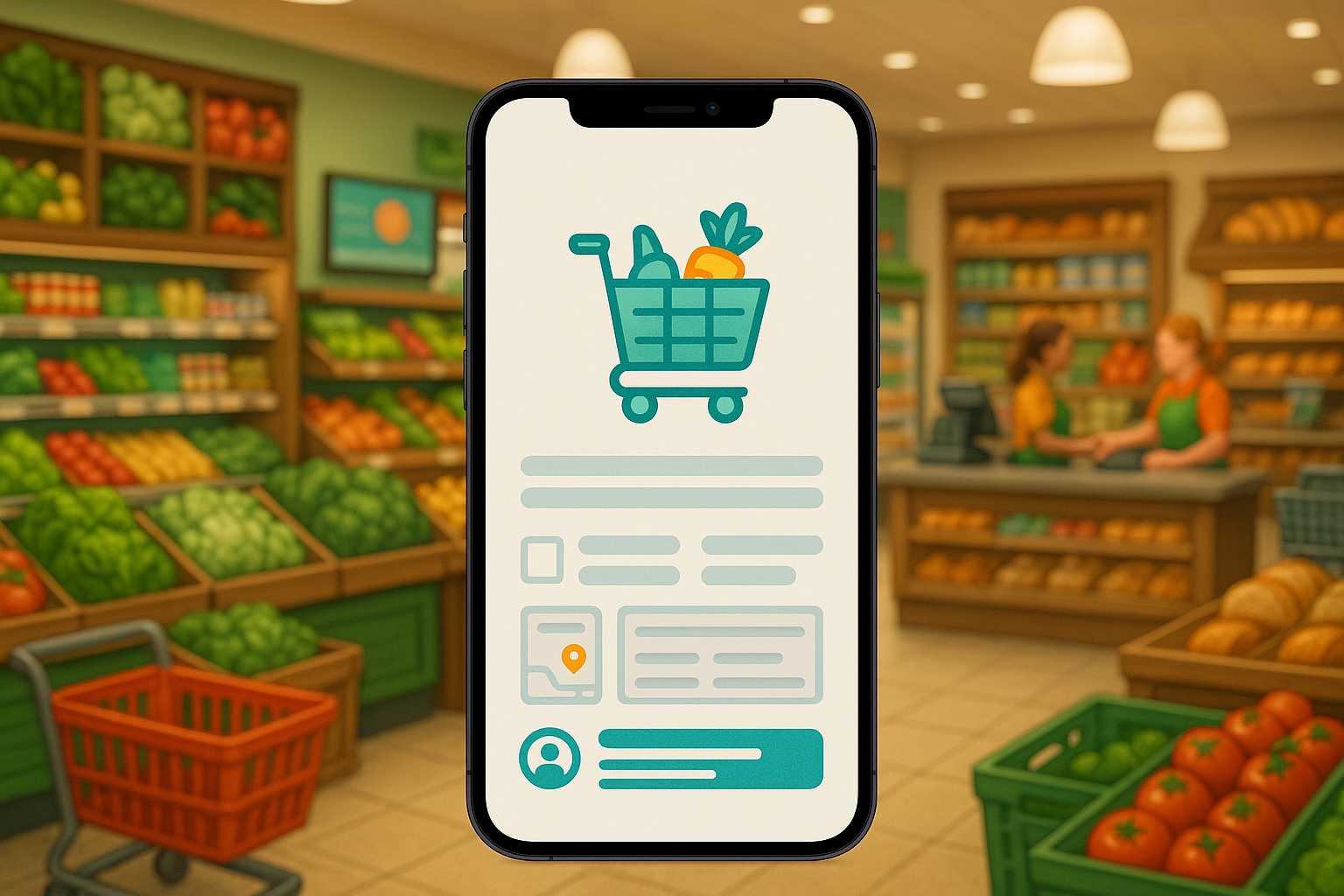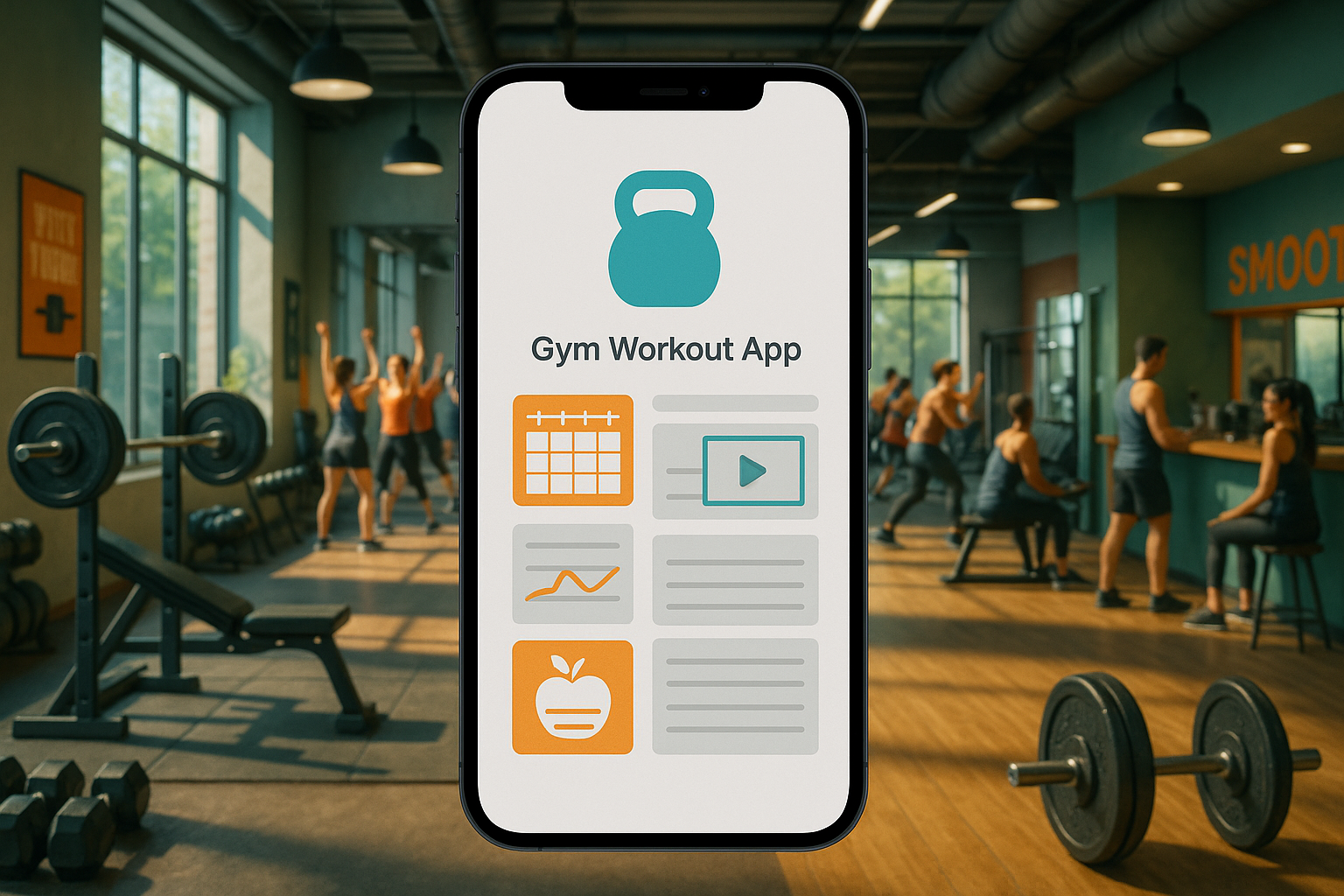In today’s interconnected world, GPS technology is the invisible thread weaving through our daily lives. From finding the quickest route to work to tracking a food delivery, we rely on location-based services more than ever. This ubiquity has created immense opportunities for businesses to innovate with their own GPS-enabled applications. However, the path from a great idea to a successful, market-ready GPS app is fraught with technical complexities that can derail even the most promising projects.
Developing a robust GPS application is far more than just dropping a pin on a map. It requires navigating a labyrinth of challenges, including ensuring data accuracy, optimizing for battery life, securing sensitive user information, and ensuring seamless performance across a fragmented ecosystem of devices. Many companies underestimate these hurdles, leading to budget overruns, delayed launches, and apps that ultimately fail to meet user expectations.
This article serves as a comprehensive guide to GPS app development. We will demystify the technology, explore the significant challenges of in-house development, detail the diverse types of GPS applications, and provide a realistic overview of development costs. Furthermore, we will introduce the leading development companies that can turn your vision into a reality. As a top US AI-powered app development firm with over 20 years of experience, we at MetaCTO have helped launch over 120 successful projects by expertly integrating GPS and other advanced technologies. We will show you how partnering with an expert team can help you overcome the development hurdles and build a product that stands out.
What is a GPS App?
At its core, a GPS application is a piece of software on a mobile device that utilizes the Global Positioning System (GPS) to provide location-based services. The underlying technology is a marvel of modern engineering, a system comprising satellites, ground receivers, and complex algorithms that work in concert to deliver precise data.
A GPS-enabled device, such as a smartphone or a dedicated telematics unit, acts as a receiver. It listens for signals from multiple satellites orbiting the Earth. By calculating the time it takes for these signals to travel from the satellite to the receiver, the device can triangulate its exact position on the globe. This process yields three critical pieces of information: location, velocity, and time.
A GPS application harnesses this raw data to provide a wealth of features for the end-user. The most fundamental functions include:
- Determining a Position: The app can pinpoint the user’s current location with remarkable accuracy, often within 3 to 10 feet, thanks to advancements like the new generation of GPS III satellites.
- Navigation: The app can calculate the most efficient route from one location to another, providing turn-by-turn directions.
- Monitoring: It can track the movement of a person, vehicle, or asset over time, recording the path taken.
Beyond these basics, sophisticated GPS apps can calculate the distance to a destination and provide an estimated time of arrival (ETA), factoring in real-time variables like traffic. One of the system’s greatest strengths is its reliability; GPS works 24/7, in nearly all weather conditions, anywhere in the world, even in remote areas without cellular service. A GPS tracker determines and records the precise location of an object and can send this data to a central system or app, allowing users to monitor movement, track routes, enhance security, and improve overall efficiency.
Reasons It Is Difficult to Develop a GPS App In-House
While the concept of a GPS app seems straightforward, the reality of building a high-quality, reliable, and secure application in-house is a significant technical undertaking. The challenges extend far beyond simply accessing a device’s location services. They require a deep, multi-disciplinary expertise that is difficult and costly to assemble and maintain within a single organization. Here are the primary reasons why in-house GPS app development is so challenging.
Accuracy and Reliability of Location Data
The first and most fundamental challenge is ensuring the accuracy and reliability of the location data. Users expect an app to know exactly where they are, but raw GPS data can be noisy and imprecise due to atmospheric conditions, signal blockage from tall buildings (the “urban canyon” effect), or multipath interference. An expert development team must implement sophisticated filtering and sensor-fusion algorithms, often combining GPS data with information from Wi-Fi networks, cellular towers, and onboard sensors like accelerometers and gyroscopes to produce a smooth and accurate location pin. Without this expertise, an app can feel clunky and untrustworthy, leading to user frustration.
High Battery Consumption
One of the quickest ways to get a user to uninstall an app is to drain their phone’s battery. Geolocation services are notoriously power-hungry. Continuously polling the GPS chip consumes a significant amount of energy. A poorly optimized app will have a devastating impact on a mobile device’s battery life.
Expert developers employ a range of optimization techniques to mitigate this. This includes smart polling strategies (requesting location updates only when necessary), using less power-intensive location services (like network-based location) when high precision isn’t required, and implementing geofencing to trigger location updates only when a user enters or exits a specific area. Mastering these techniques is critical for creating an app that users can rely on throughout their day.
Securing Personal Data and a Complex Threat Landscape
Location data is profoundly personal. A user’s location history can reveal where they live, work, and spend their time. Therefore, securing personal data within a location-based app is paramount. This involves more than just standard data encryption. Developers must build a secure architecture that protects user preferences, location history, and other sensitive information from breaches.
The security challenge is compounded by a complex external threat landscape:
- Third-Party Vulnerabilities: Modern apps are built using numerous third-party frameworks and libraries. Each one is a potential entry point for attackers. A dedicated security practice involves continuously identifying and addressing vulnerabilities in these dependencies.
- Application Security: The app’s own code must be rigorously tested to reveal security holes and neutralize trouble spots. This requires specialized knowledge of mobile application security best practices.
- Cyberthreats: GPS systems themselves are vulnerable to cyberthreats like spoofing (tricking a receiver into reporting an incorrect location) and jamming (blocking the GPS signal entirely). A robust system must be designed to maintain reliable data, which may involve using encrypted signals, ensuring regular firmware updates, and having backup location sources.
Connectivity, Compatibility, and Data Storage
A GPS app rarely works in a vacuum. It must handle several other complex interactions:
- Internet Connectivity: Many advanced features, such as fetching real-time traffic updates, searching for points of interest, or downloading map tiles, are reliant on internet connectivity. The app must be designed to handle intermittent or lost connections gracefully, perhaps by caching data for offline use, without crashing or providing a poor user experience.
- Reliable Data Storage: An app needs a robust system for ensuring reliable data storage for map data, user profiles and preferences, and location history. This requires careful database design and management, whether on the device or in the cloud.
- Device Compatibility: The mobile ecosystem is incredibly fragmented. An app must perform flawlessly on a wide range of devices, including countless models of smartphones, tablets, and even wearables. Each device has different screen sizes, hardware capabilities, and operating system versions. Ensuring a consistent and reliable experience across this landscape is a massive and ongoing quality assurance challenge that requires a dedicated testing infrastructure.
Building an in-house team with the expertise to conquer all these challenges simultaneously is a formidable and expensive task. This is why many businesses turn to specialized agencies like us. At MetaCTO, our team has over two decades of experience navigating these exact complexities. We provide the deep technical expertise needed to build a technology and AI roadmap that turns your vision into a secure, performant, and scalable product. You can learn more about our custom mobile app development services and how we de-risk the entire process.
Different Types of GPS Apps
The versatility of GPS technology has given rise to a vast array of application types, each tailored to specific industries and user needs. The core function of location tracking is adapted and enhanced with specialized features to solve unique problems, improve efficiency, and create new forms of entertainment.
Fleet Management and Logistics
Perhaps one of the most impactful commercial uses of GPS is in fleet management. For companies that operate a fleet of vehicles—from long-haul trucking to local delivery services—GPS is a critical tool for operational efficiency.
- Real-Time Tracking and Optimization: Fleet managers use GPS to track their vehicles in real time, allowing for dynamic dispatching and smarter routing. By combining GPS data with real-time traffic updates, apps can help drivers avoid congestion, reduce fuel costs, and improve delivery times.
- Driver Behavior and Safety: Advanced telematics systems use GPS to monitor driver behavior. Features like curve logging capture data on harsh turns, abrupt stops, and excessive speed, allowing managers to identify unsafe driving habits and provide targeted coaching. GPS can also monitor idle time, helping to further reduce fuel waste.
- Asset Management and Security: GPS trackers are essential for locating and managing valuable assets. In construction and mining, companies use GPS to locate heavy equipment on large job sites, measure usage, and improve asset allocation to increase their return on investment. It also helps with theft prevention and recovery. In logistics, telematics systems that use GPS are implemented to improve driver productivity and safety.
Navigation and Consumer Apps
This is the category most familiar to the general public. These apps focus on getting individuals from one place to another. However, they are increasingly sophisticated, using AI and crowdsourced data to provide features like real-time traffic avoidance. Beyond simple navigation, GPS has been incorporated into games and activities like Pokémon Go and geocaching, creating immersive, location-based experiences that blend the digital and physical worlds.
Public Safety and Emergency Services
For first responders, situational awareness is a matter of life and death. Police, fire, and medical teams use GPS for:
- Mapping and Resource Tracking: During an emergency or natural disaster, GPS is used for mapping the affected area, following and predicting weather patterns, and keeping track of emergency personnel to ensure safety and coordinate efforts effectively.
- Faster Response Times: The eCall regulation in Europe is a prime example of GPS enhancing safety. It relies on telematics to automatically send location data to emergency services in the event of a vehicle crash, dramatically reducing response times.
Scientific, Research, and Health Applications
Scientists and researchers are finding novel ways to use GPS technology to protect and understand our world.
- Disaster Prevention and Analysis: GPS is used to monitor tectonic plate movements to better understand and prepare for earthquakes. It can also track ground deformation around volcanoes or in areas prone to sinkholes and avalanches, providing early warnings.
- Public Health: During the COVID-19 pandemic, researchers used anonymized cellphone location data to assist with contact tracing, helping to model and slow the spread of the virus.
Fitness and Wearables
The personal fitness boom has been supercharged by GPS. Smartwatches and other wearable technology use GPS to accurately track fitness activities. A runner, for instance, can track their exact distance, pace, and route, and then benchmark their performance against past runs or a similar demographic.
The applications of GPS continue to expand into nearly every industry, including agriculture (for precision farming), autonomous vehicles, sales and services, military operations, mobile communications, and fishing. This demonstrates the technology’s foundational role in modern digital innovation.
Cost Estimate for Developing a GPS App
The cost of developing a GPS app is not a one-size-fits-all figure. It is highly dependent on a range of factors, from the complexity of the features to the geographical location and expertise of the development team. However, we can provide a realistic range based on industry data to help you budget accordingly.
Generally, the cost to develop a custom AI-powered navigation app, similar in complexity to Waze, can range from $30,000 to $250,000. This wide range reflects the significant variation in project scope.
Let’s break down the key factors that influence the final cost:
- Application Complexity: This is the single biggest cost driver. An app with basic functionalities, such as providing simple routing directions and traffic updates, will naturally have a lower cost. In contrast, an advanced navigation app with features like push notifications, carpooling capabilities, real-time crowdsourced alerts, and voice-based navigation will require significantly more development effort and, therefore, will incur higher costs.
- AI and Machine Learning Integration: Features that rely on artificial intelligence, such as predictive traffic routing or personalized recommendations, represent a substantial investment. The cost for AI/ML integration alone can range from $25,000 to $50,000, as it requires specialized data scientists and engineers.
- User Interface (UI) and User Experience (UX) Design: A seamless and intuitive user interface is crucial for an app’s success. The cost to design a professional, user-friendly interface for a navigation app typically ranges from $10,000 to $20,000.
- Development Team and Location: The choice of your development partner has a major impact on the budget.
- In-House Team: Building an in-house team is often the most expensive route. It involves not just salaries but also recruitment costs, benefits, and overhead.
- App Development Company: Partnering with an established development agency can be more cost-effective. The price for an agency can range from $50,000 to $100,000 for a full project, depending on their expertise, location, and the project’s scope.
- Mobile Platform: The decision to build for iOS, Android, or both affects the cost. While native apps provide the best performance, they require separate development efforts. Cross-platform app development can reduce the codebase, but while the initial development costs can be high, it is beneficial for reaching a larger audience more quickly.
For a general mobile app development project, the development portion of the budget often falls between $10,000 and $20,000, but this is for very basic applications. For a feature-rich GPS app, you should expect to be well north of this figure.
Top GPS App Development Companies
Choosing the right development partner is the most critical decision you will make in your journey to launch a successful GPS app. The best companies bring more than just coding skills to the table; they offer deep industry experience, strategic guidance, and a commitment to your long-term success. They employ the latest technologies, follow best practices for security and scalability, and take a user-centric approach to design.
1. MetaCTO
At MetaCTO, we specialize in transforming ambitious ideas into market-leading mobile applications. With over 20 years of app development experience and more than 120 successful projects launched, we are experts in building and scaling complex, AI-enabled software. We don’t just build apps; we build businesses, having supported our clients in raising over $40 million in funding.
What truly sets us apart is our deep expertise in integrating sophisticated technologies like GPS into mobile apps. We understand that GPS functionality is not a plug-and-play feature. We have a proven track record of solving the difficult challenges of GPS development:
- Performance and Optimization: Our engineers are adept at optimizing for battery life and ensuring your app is fast and responsive, providing a seamless user experience.
- Security and Privacy: We build applications with a security-first mindset, protecting sensitive location data and ensuring your app is hardened against modern threats.
- Scalability and Growth: We architect solutions that are built to scale. As your user base grows, we ensure your app evolves with it, incorporating the latest tech to stay competitive. Our app growth services focus on A/B testing and analytics to optimize onboarding, engagement, and retention.
Our process is designed to de-risk development and accelerate your time to market. We can help you validate your concept and launch a Rapid MVP in 90 days or less, allowing you to test the waters, gather real user feedback, and secure funding on a tight budget and timeline. From initial strategy and design to development, launch, monetization, and evolution, MetaCTO is your dedicated technical partner every step of the way.
Other Leading Development Firms
While we are confident in our ability to deliver exceptional results, we believe in an informed client. The market includes several other capable firms that specialize in GPS and IoT solutions. Here is a summary of some of the top players in the industry:
| Company Name | Minimum Budget | Hourly Rate | Clutch Rating |
|---|---|---|---|
| GMTA Software | $5,000+ | $10 – $25 | 5.0 / 5 |
| 3 Sided Cube | $25,000+ | $100 – $175 | 4.9 / 5 |
| Designli | $15,000+ | $75 – $150 | 4.7 / 5 |
| Samsara | $20,000+ | $100 – $200 | 4.6 / 5 |
| DianApps | $10,000+ | $40 – $100 | 4.5 / 5 |
| Jimi IoT Systems | $15,000+ | $80 – $180 | 4.4 / 5 |
| Quytech | $10,000+ | $50 – $120 | 4.6 / 5 |
| Teltonika | $30,000+ | $90 – $200 | 4.5 / 5 |
| Glorium Technologies | $15,000+ | $60 – $130 | 4.6 / 5 |
| Geotab | $50,000+ | $120 – $250 | 4.7 / 5 |
The greatest GPS tracking app development companies share several key traits. They have extensive experience and keep up with the best industry practices and trends. They offer customized solutions tailored to specific business needs and can seamlessly integrate GPS applications with other business systems like CRM or inventory management. Top firms provide robust security measures, design for scalability, and offer ongoing support and maintenance after launch. Many, like Geotab and Samsara, have a strong focus on data analytics and IoT integration, making them ideal partners for businesses seeking comprehensive fleet and asset management solutions.
Conclusion
GPS technology has fundamentally changed how we interact with the world, creating a fertile ground for innovation across countless industries. As we’ve explored, building a successful GPS application is a journey filled with significant technical challenges. From ensuring the accuracy of location data and optimizing for battery performance to safeguarding user privacy and navigating the complexities of cross-device compatibility, the path requires deep expertise and careful planning. The cost of development can vary widely, but a high-quality, feature-rich application represents a substantial investment.
Choosing the right development partner is the single most important factor in the success of your project. An expert team does not just write code; they provide strategic guidance, mitigate risks, and become a true partner in building and growing your business.
We at MetaCTO have spent over two decades mastering the art and science of mobile app development. We thrive on solving complex technical challenges and have a proven process for launching successful, scalable, and secure applications. We are more than a development shop; we are your fractional CTO and long-term partner, dedicated to turning your vision into a reality that exceeds your expectations.
If you are ready to build a powerful GPS-enabled product, don’t go it alone. Talk with a GPS expert at MetaCTO today to discuss how we can integrate powerful, reliable, and secure GPS functionality into your app and bring your vision to life.






